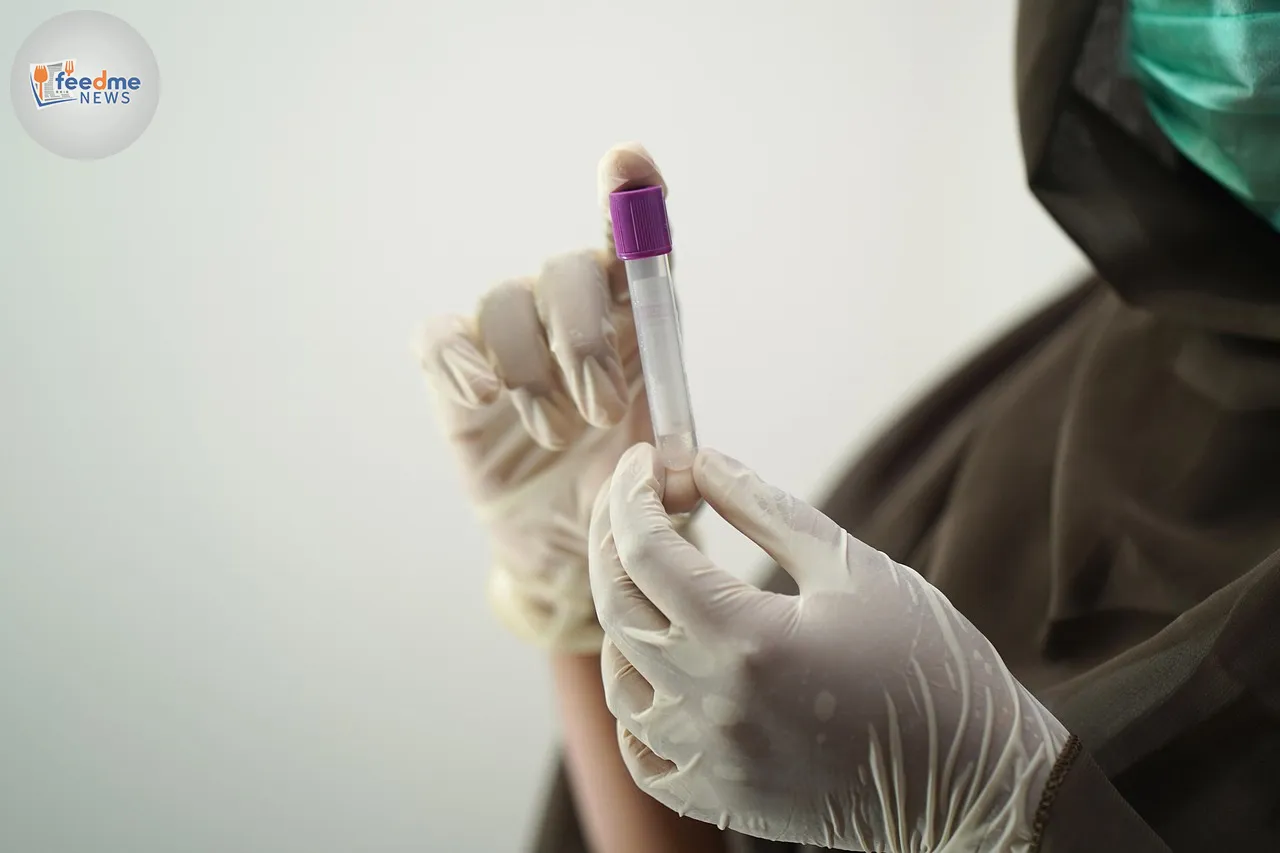In an ambitious new initiative, the NHS is calling upon general practitioners (GPs) across the United Kingdom to assist in identifying potentially hundreds of individuals unknowingly affected by contaminated blood transfusions from the 1970s to the 1990s. This effort is part of a broader strategy to address the long-standing repercussions of the contaminated blood scandal, which has left many victims suffering from serious health conditions without knowing the cause.
The NHS’s new approach involves asking all new patients registering at GP practices if they received a blood transfusion before 1996. This proactive measure is expected to help uncover cases that have gone undiagnosed for decades, potentially improving outcomes for those who have unknowingly lived with serious infections.

A Historical Scandal Resurfaces
The contaminated blood scandal, one of the gravest public health disasters in the UK, resulted from the importation of blood products that were infected with viruses such as HIV and hepatitis C. These products were used in transfusions and treatments, notably for haemophiliacs, leading to thousands of infections.
The scandal, which primarily unfolded in the late 20th century, has been the subject of investigations, inquiries, and legal actions over the years. Despite these efforts, many individuals remain unaware that they were affected, partly due to the lack of comprehensive records and the long latency periods of the viruses involved.
Implementing the New Strategy
The NHS initiative will see GPs play a crucial role in identifying potential victims. By incorporating a simple question about past blood transfusions into the registration process for new patients, the NHS aims to streamline the identification of those at risk.
This new measure targets approximately 400,000 people each year who were born before 1996 and are registering at GP practices. The approach is designed to be non-intrusive yet effective, ensuring that those who may have been exposed to contaminated blood are identified and offered appropriate testing and support.
Expert Insights on the Initiative
Health experts have largely welcomed the NHS’s new strategy, emphasising its potential to uncover and address untreated cases. Dr. Sarah Thompson, a leading haematologist, noted, “This initiative could be a significant step forward in resolving a tragic chapter in our healthcare history. By identifying those affected, we can provide necessary interventions and improve their quality of life.”
However, some experts caution that the initiative’s success will depend on effective implementation and follow-up. “It’s crucial that once individuals are identified, there is a robust support system in place,” said Dr. Mark Reynolds, a public health consultant. “This includes access to testing, counselling, and medical treatment for those who need it.”
The Road Ahead: Challenges and Expectations
While the initiative is promising, it faces several challenges. One of the primary obstacles is ensuring that all GP practices adopt the new questioning protocol uniformly. Additionally, the NHS must prepare for a potential increase in demand for diagnostic services and healthcare support, should a significant number of new cases be identified.
The initiative also raises questions about how to handle the psychological impact on individuals who discover they have been living with a virus for years without knowing. The NHS has indicated that mental health support will be an integral part of the care provided to newly identified patients.
Impact on Public Health Policy
This initiative reflects a broader shift in public health policy towards more proactive and preventive measures. By addressing historical healthcare failures, the NHS aims to rebuild trust and demonstrate a commitment to patient safety and transparency.
Furthermore, the initiative could set a precedent for how other public health issues are addressed in the future, particularly those involving historical oversights or systemic failures. It highlights the importance of learning from past mistakes to improve current and future healthcare practices.
In summary, the NHS’s new drive to identify undiagnosed victims of the contaminated blood scandal represents a critical step in addressing a tragic period in UK healthcare history. By leveraging the role of GPs and adopting a proactive approach, the NHS hopes to uncover and support individuals who have been unknowingly affected for decades. The success of this initiative will depend on effective implementation, robust support systems, and a commitment to patient care and transparency. As this effort unfolds, it could pave the way for more comprehensive public health strategies in the future.






